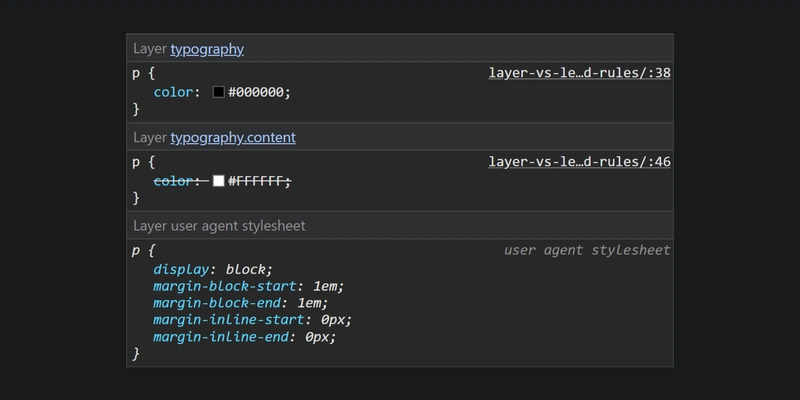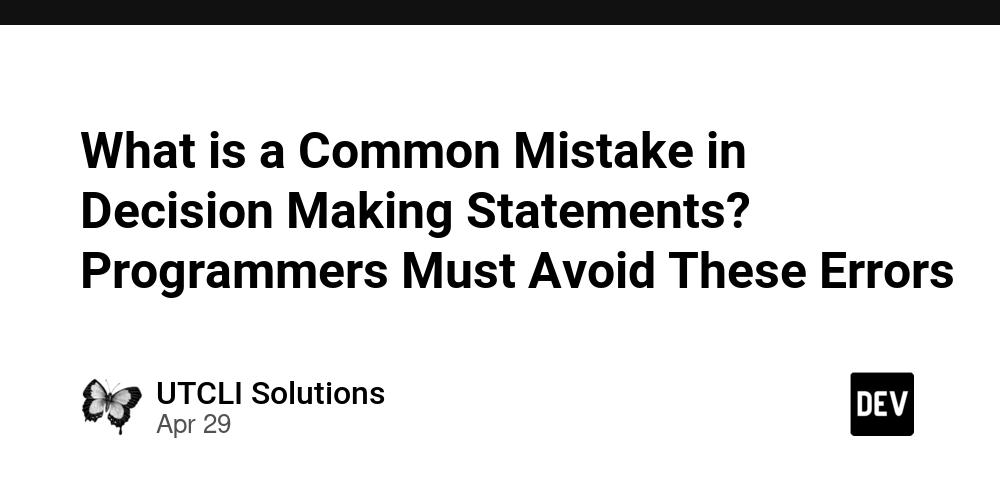Caching Isn’t Always the Answer – And Here’s Why
Every time an API slows down, someone says it: “Just cache it, bro.” Caching feels like the duct tape of backend performance problems. Slap on some Redis, sprinkle in a few set() calls, and boom—10x faster responses. But like duct tape, caching can cover up issues rather than fixing them. And worse, it can introduce new problems that are way harder to debug than a slow query. Let’s talk about why caching isn’t always the answer—and when it might actually make things worse. What Is Caching Doing? Caching avoids doing the same work twice. You store the result of a slow operation and serve it directly next time. Common types: App-level in-memory caches (Map, LRU, etc.) External cache services (Redis, Memcached) Database query caches CDN and browser caches Sounds good, right? Sometimes. When Caching Goes Wrong Here’s how caching can actually bite you back: Stale Data Zombies Cached something that changes often? Now you’re serving outdated info. Example: You cache user roles for 10 minutes. An admin revokes access. But the old role is still in cache. Now an unauthorized user is walking around with admin rights. Invalidation is Hard The hardest part of caching isn’t the storing—it’s knowing when to throw it away. Forget to bust a key, and users get stale data. Invalidate too aggressively, and your cache becomes pointless. Memory Footguns Store too much and you’ll crash your app. Store too little and you’ll miss most of your reads. Debugging Nightmare Your app becomes non-deterministic. Whether something works depends on cache state. Reproducing bugs becomes a headache. Overkill for Fast Ops Caching a DB query that takes 5ms? Not worth the complexity. Measure before optimizing. When Caching Can Help Use it when: The data is read-heavy and doesn’t change often Database queries are expensive (heavy joins, aggregations) You're dealing with rate-limited APIs You serve static-ish content like homepages, pricing info, etc. When Not to Cache Avoid caching when: The data changes frequently You don’t have a reliable invalidation strategy Stale or incorrect data has consequences (like auth or payments) You aren’t measuring hit/miss rates You haven’t actually diagnosed the slowness Alternatives to Caching Instead of caching by default, consider: Optimizing the query with better indexes or structure Moving the operation to an async/background job Paginating instead of loading all at once Using HTTP cache headers (let the browser/CDN help) Caching on the client side when possible TL;DR – When Not to Cache Avoid caching when: Data changes quickly or often Wrong data creates problems You’re unsure how to invalidate You haven’t measured whether caching even helps You’re trying to fix a slow thing you don’t understand yet Final Word Caching is powerful—but it's a scalpel, not a hammer. Use it thoughtfully. Measure before optimizing. And when someone says “Just cache it,” ask: "Should I? Or am I just duct-taping this thing together?" I’ve been actively working on a super-convenient tool called LiveAPI. LiveAPI helps you get all your backend APIs documented in a few minutes With LiveAPI, you can quickly generate interactive API documentation that allows users to execute APIs directly from the browser. If you’re tired of manually creating docs for your APIs, this tool might just make your life easier.
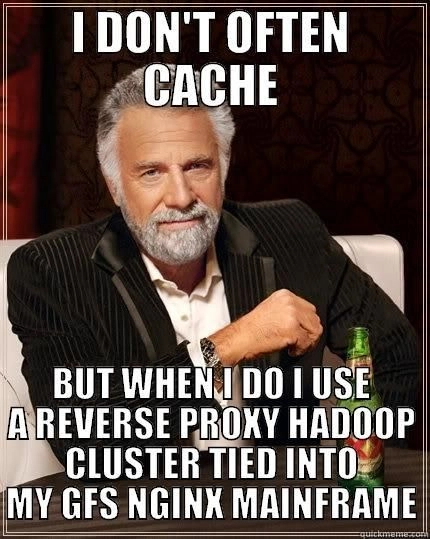
Every time an API slows down, someone says it:
“Just cache it, bro.”
Caching feels like the duct tape of backend performance problems.
Slap on some Redis, sprinkle in a few set() calls, and boom—10x faster responses.
But like duct tape, caching can cover up issues rather than fixing them. And worse, it can introduce new problems that are way harder to debug than a slow query.
Let’s talk about why caching isn’t always the answer—and when it might actually make things worse.
What Is Caching Doing?
Caching avoids doing the same work twice.
You store the result of a slow operation and serve it directly next time.
Common types:
- App-level in-memory caches (
Map, LRU, etc.) - External cache services (Redis, Memcached)
- Database query caches
- CDN and browser caches
Sounds good, right? Sometimes.
When Caching Goes Wrong
Here’s how caching can actually bite you back:
Stale Data Zombies
Cached something that changes often? Now you’re serving outdated info.
Example: You cache user roles for 10 minutes. An admin revokes access. But the old role is still in cache. Now an unauthorized user is walking around with admin rights.
Invalidation is Hard
The hardest part of caching isn’t the storing—it’s knowing when to throw it away.
Forget to bust a key, and users get stale data. Invalidate too aggressively, and your cache becomes pointless.
Memory Footguns
Store too much and you’ll crash your app. Store too little and you’ll miss most of your reads.
Debugging Nightmare
Your app becomes non-deterministic. Whether something works depends on cache state. Reproducing bugs becomes a headache.
Overkill for Fast Ops
Caching a DB query that takes 5ms? Not worth the complexity. Measure before optimizing.
When Caching Can Help
Use it when:
- The data is read-heavy and doesn’t change often
- Database queries are expensive (heavy joins, aggregations)
- You're dealing with rate-limited APIs
- You serve static-ish content like homepages, pricing info, etc.
When Not to Cache
Avoid caching when:
- The data changes frequently
- You don’t have a reliable invalidation strategy
- Stale or incorrect data has consequences (like auth or payments)
- You aren’t measuring hit/miss rates
- You haven’t actually diagnosed the slowness
Alternatives to Caching
Instead of caching by default, consider:
- Optimizing the query with better indexes or structure
- Moving the operation to an async/background job
- Paginating instead of loading all at once
- Using HTTP cache headers (let the browser/CDN help)
- Caching on the client side when possible
TL;DR – When Not to Cache
Avoid caching when:
- Data changes quickly or often
- Wrong data creates problems
- You’re unsure how to invalidate
- You haven’t measured whether caching even helps
- You’re trying to fix a slow thing you don’t understand yet
Final Word
Caching is powerful—but it's a scalpel, not a hammer. Use it thoughtfully.
Measure before optimizing. And when someone says “Just cache it,” ask:
"Should I? Or am I just duct-taping this thing together?"
I’ve been actively working on a super-convenient tool called LiveAPI.
LiveAPI helps you get all your backend APIs documented in a few minutes
With LiveAPI, you can quickly generate interactive API documentation that allows users to execute APIs directly from the browser.
If you’re tired of manually creating docs for your APIs, this tool might just make your life easier.








































































































































































![[The AI Show Episode 145]: OpenAI Releases o3 and o4-mini, AI Is Causing “Quiet Layoffs,” Executive Order on Youth AI Education & GPT-4o’s Controversial Update](https://www.marketingaiinstitute.com/hubfs/ep%20145%20cover.png)












































































































































































































































































_Andy_Dean_Photography_Alamy.jpg?width=1280&auto=webp&quality=80&disable=upscale#)








































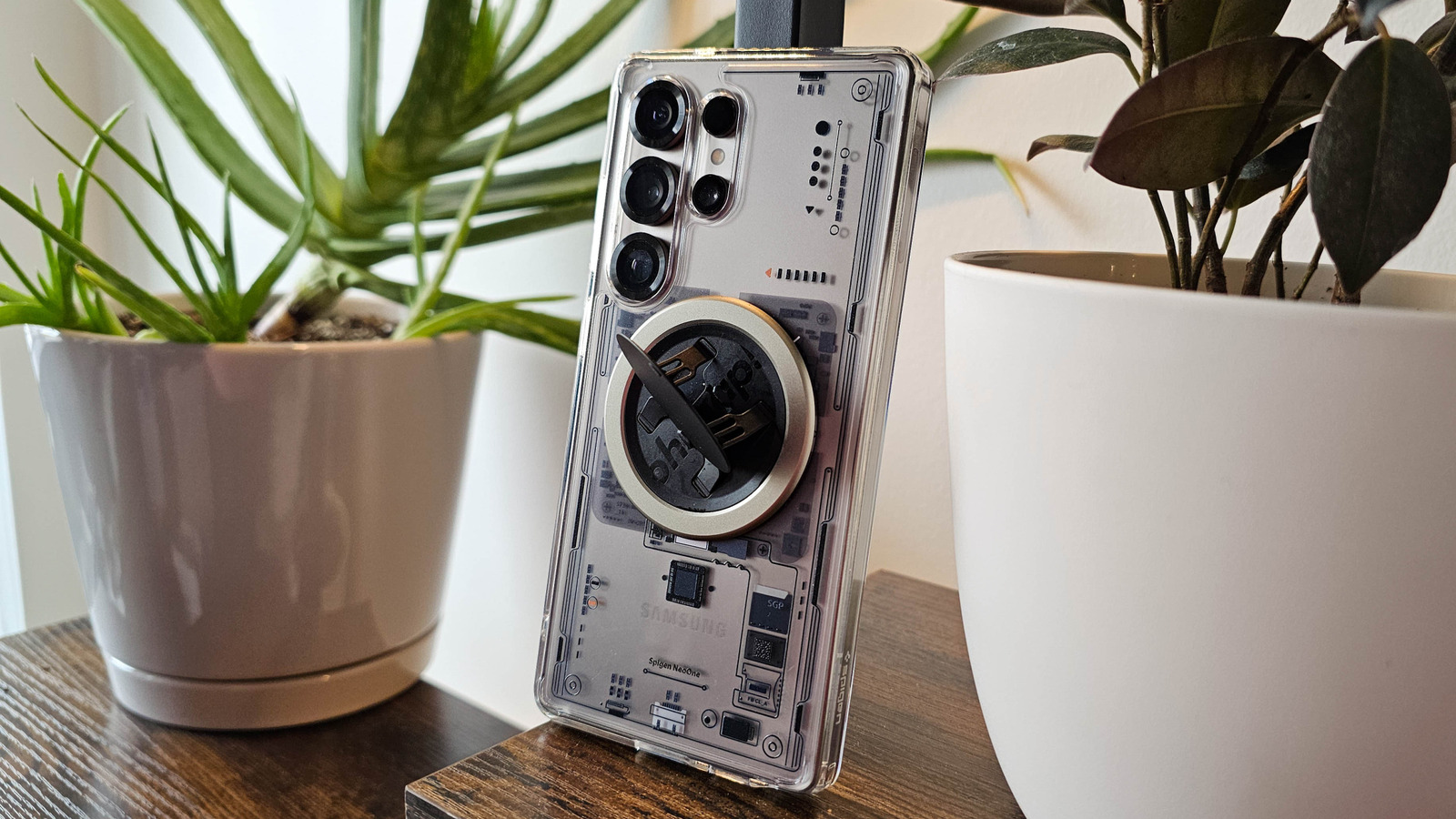










































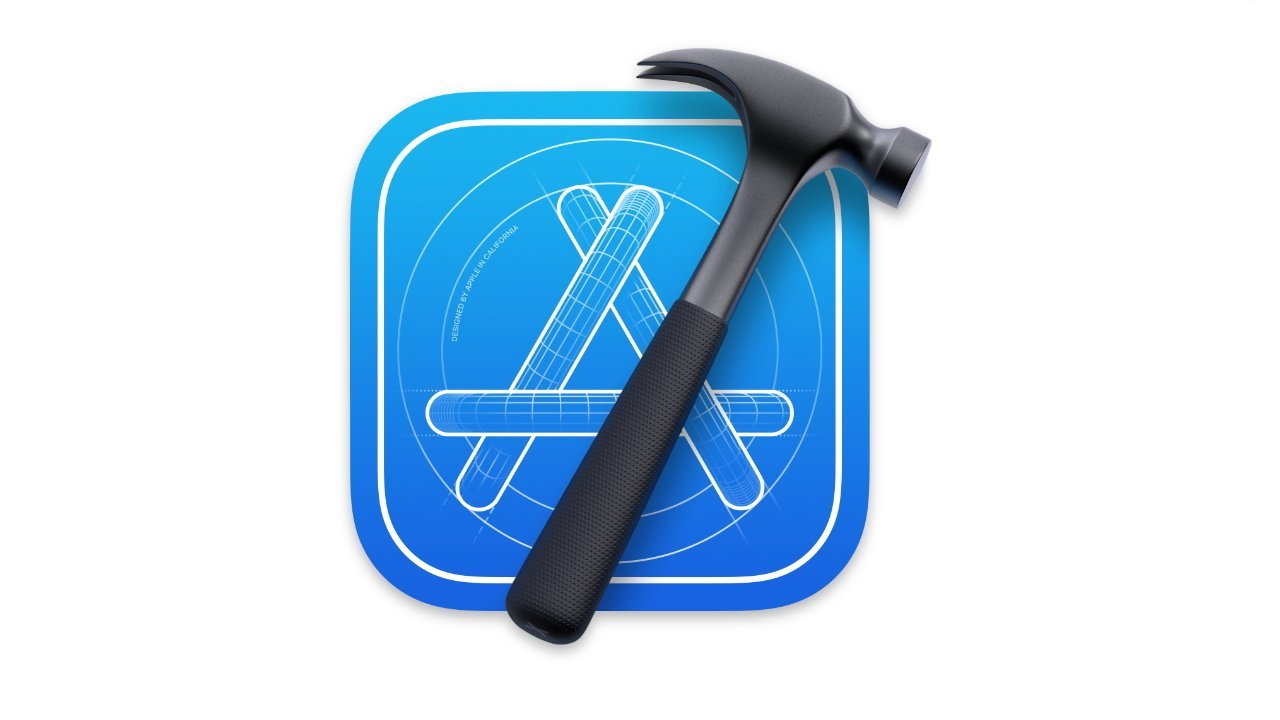



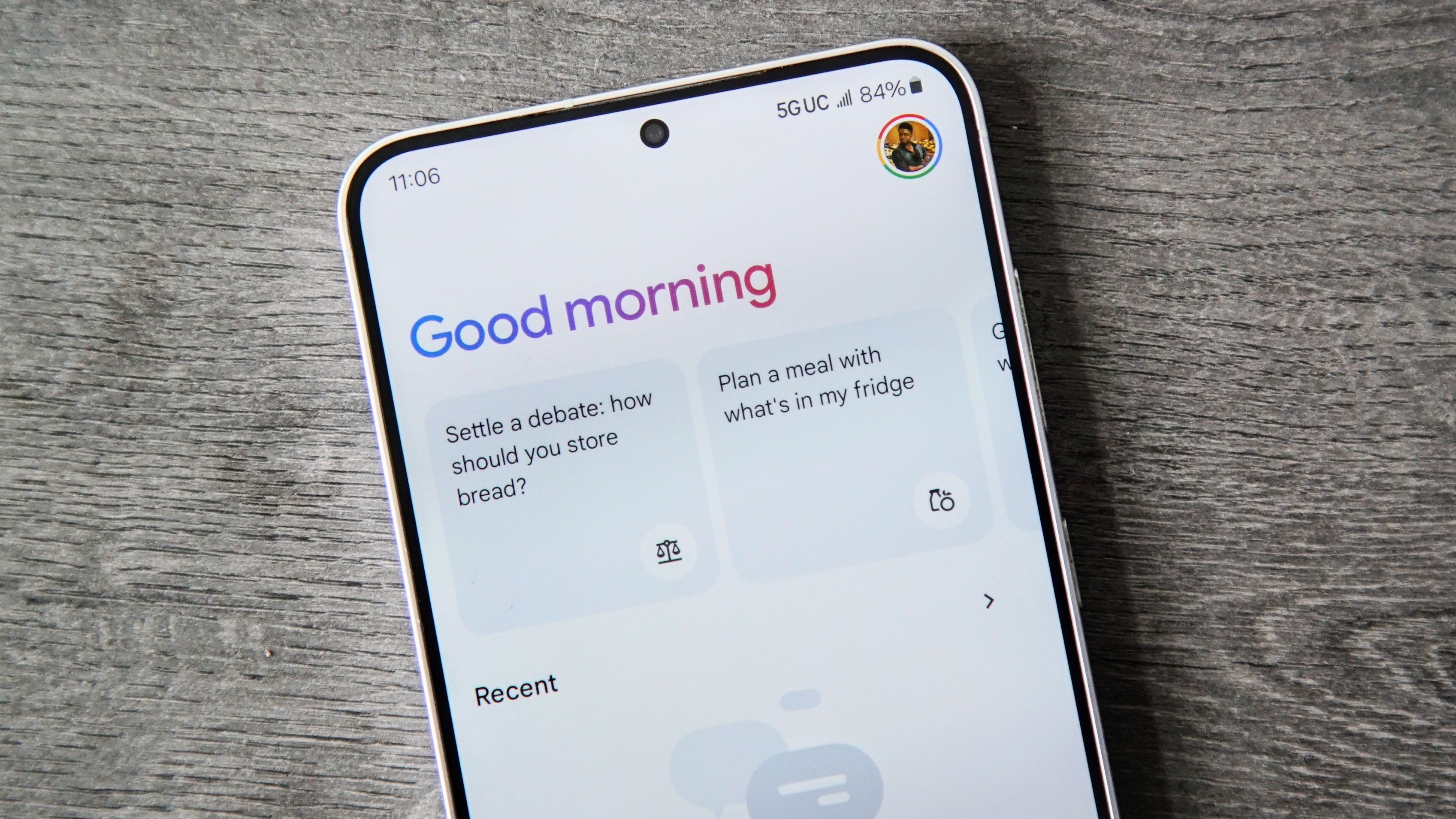
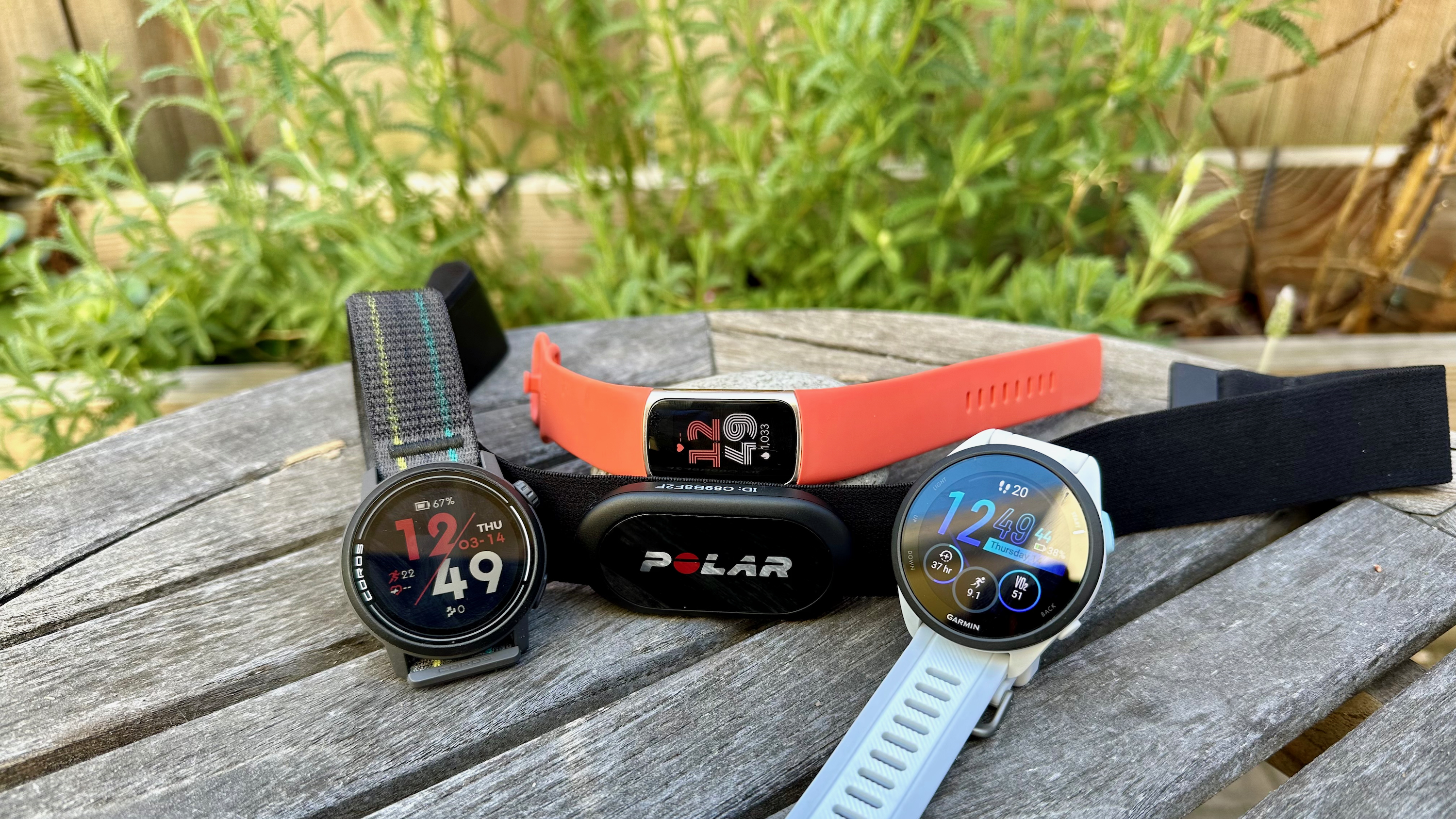





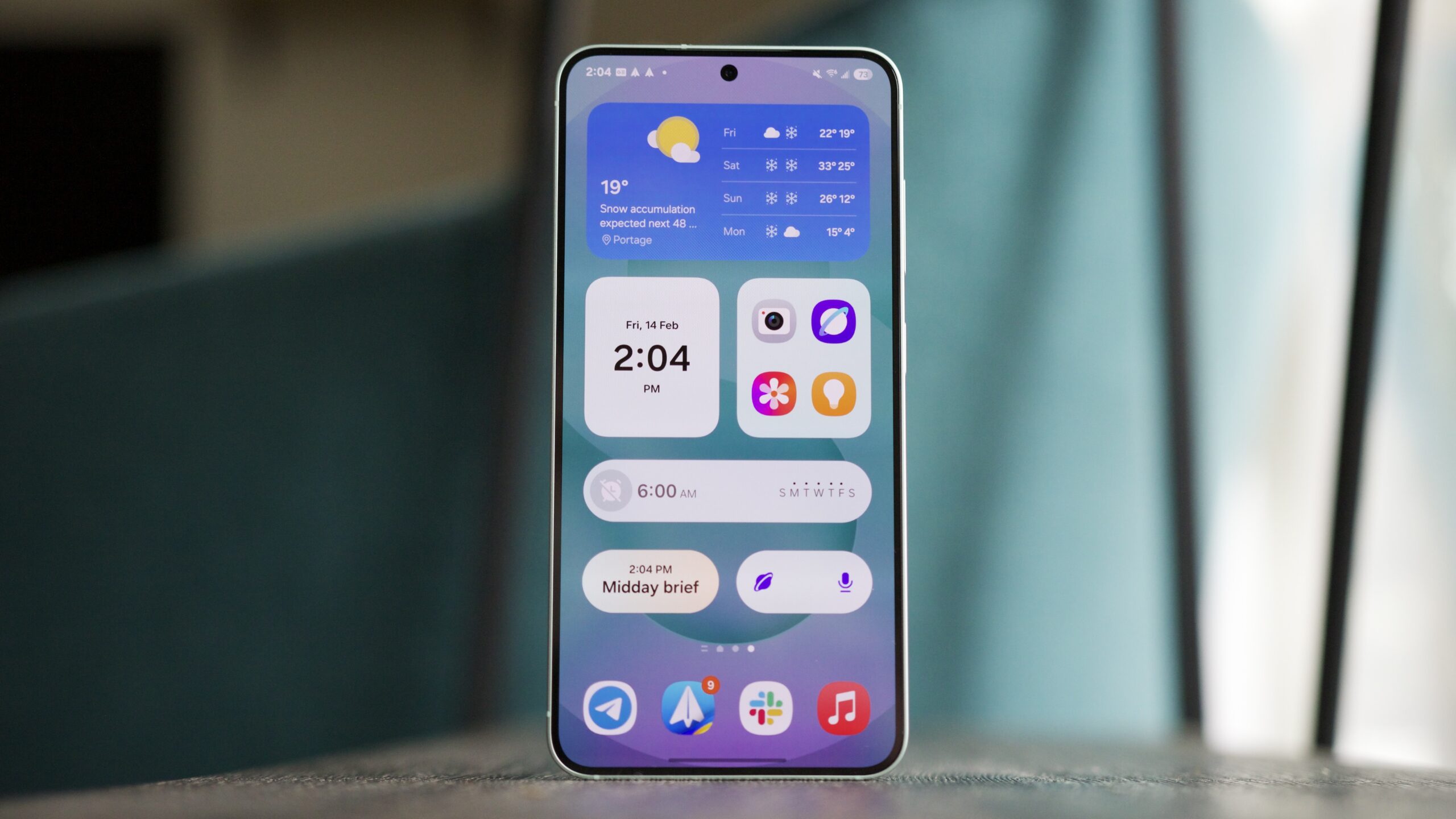















![Apple Developing AI 'Vibe-Coding' Assistant for Xcode With Anthropic [Report]](https://www.iclarified.com/images/news/97200/97200/97200-640.jpg)
![Apple's New Ads Spotlight Apple Watch for Kids [Video]](https://www.iclarified.com/images/news/97197/97197/97197-640.jpg)

















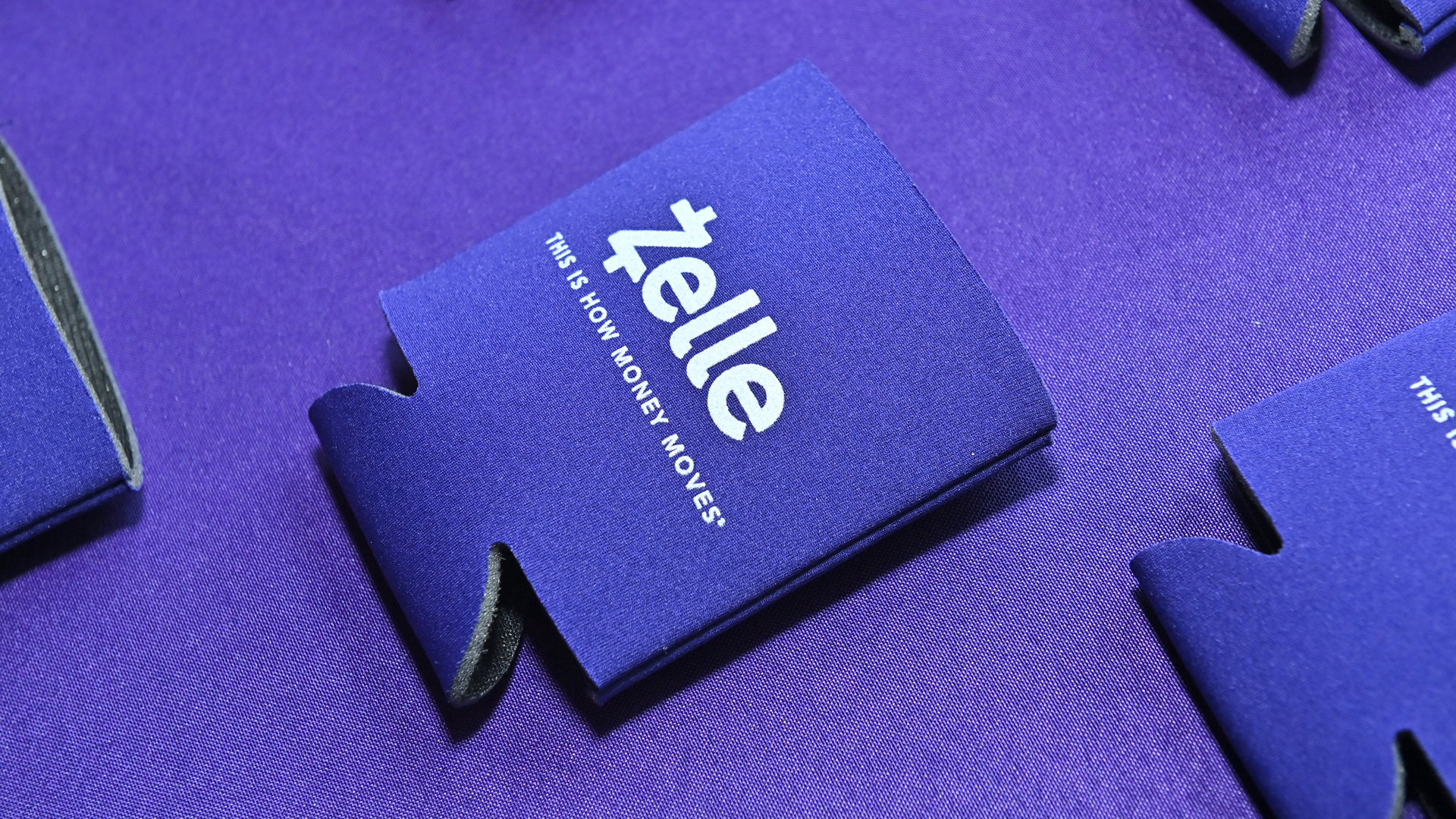

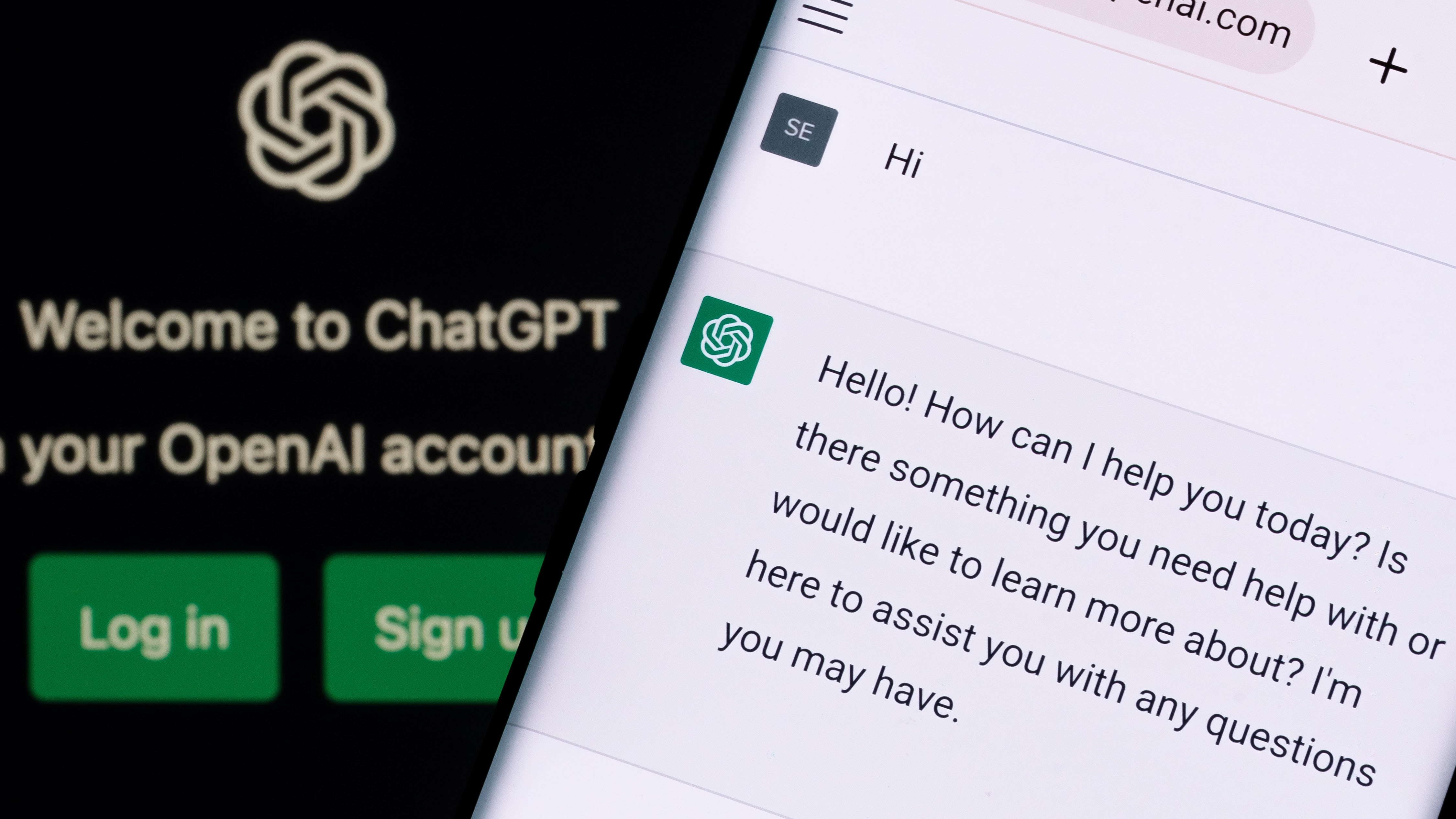
























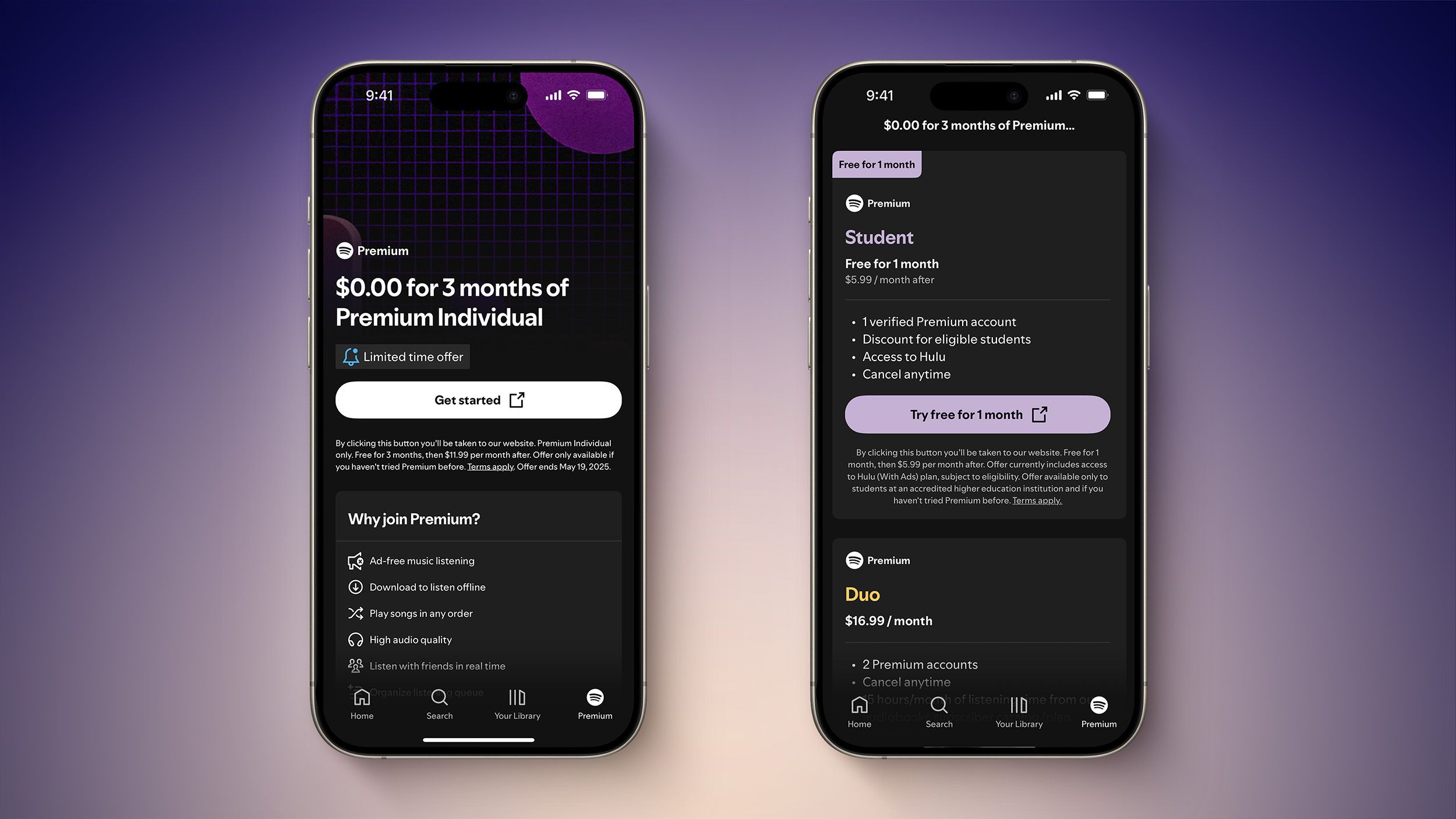





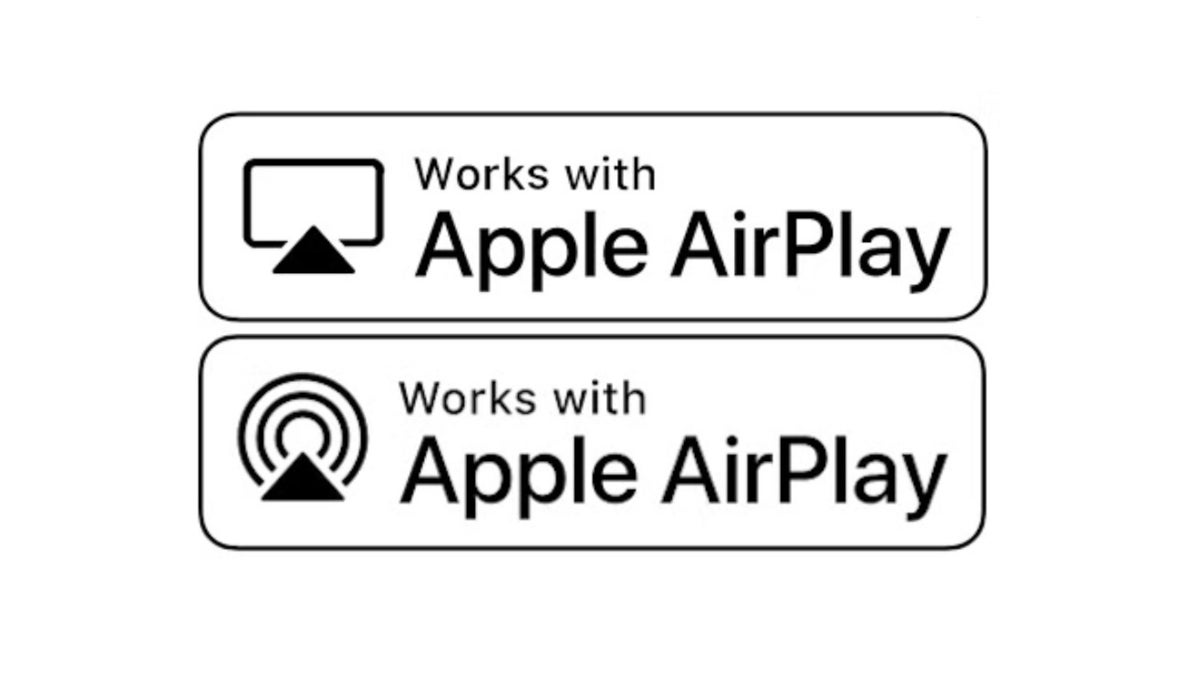























![[Weekly funding roundup April 26-May 2] VC inflow continues to remain downcast](https://images.yourstory.com/cs/2/220356402d6d11e9aa979329348d4c3e/WeeklyFundingRoundupNewLogo1-1739546168054.jpg)



























